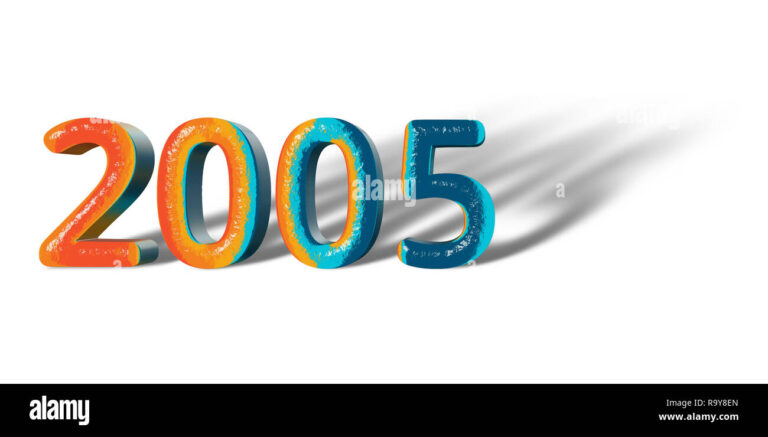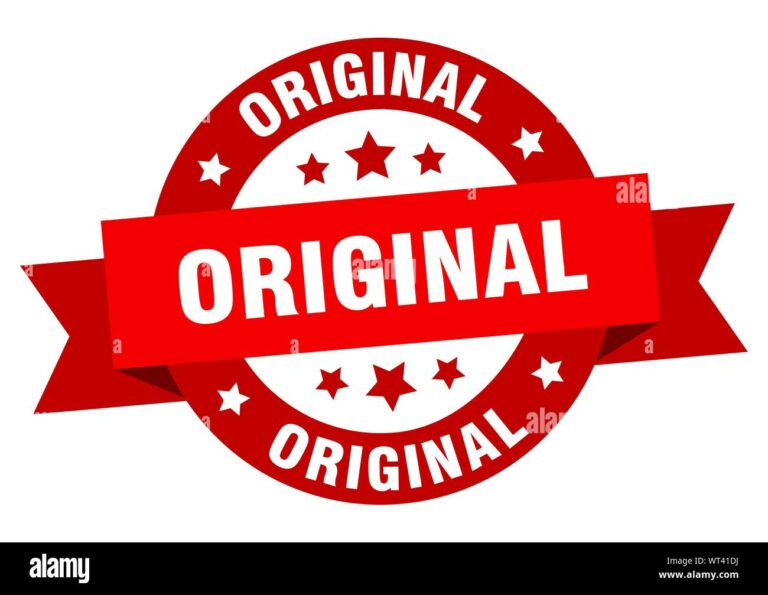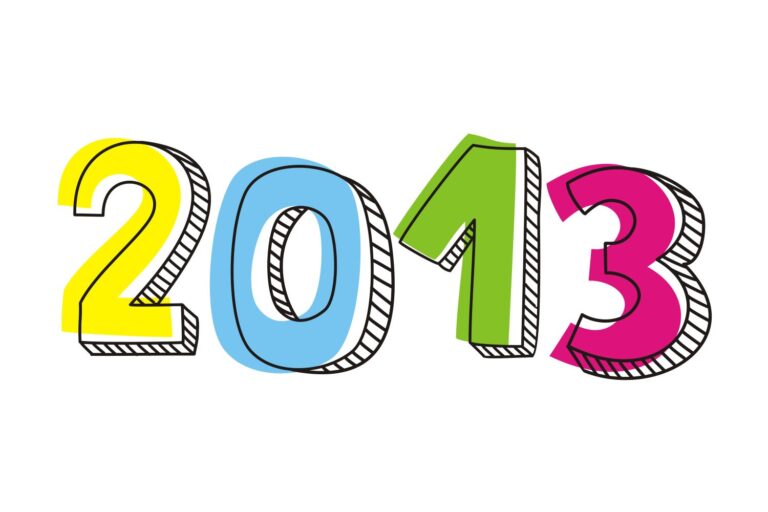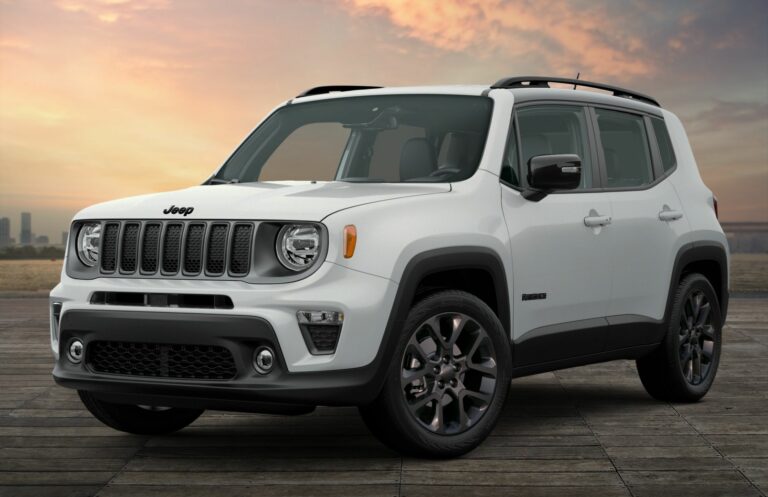2001 Jeep Wrangler Transmission For Sale: Your Comprehensive Guide to Getting Back on the Road
2001 Jeep Wrangler Transmission For Sale: Your Comprehensive Guide to Getting Back on the Road jeeps.truckstrend.com
The 2001 Jeep Wrangler TJ is an icon, celebrated for its rugged simplicity, off-road prowess, and enduring appeal. Whether it’s tackling challenging trails or cruising through city streets, the TJ series has a loyal following. However, like any mechanical component, the transmission in your beloved 2001 Wrangler can eventually wear out, leading to costly repairs or the need for a complete replacement. If you’re facing this situation, finding a reliable "2001 Jeep Wrangler transmission for sale" becomes a top priority. This comprehensive guide will navigate you through everything you need to know, from identifying your transmission type to finding the best deal and ensuring a smooth replacement process.
Why Your 2001 Jeep Wrangler Might Need a New Transmission
2001 Jeep Wrangler Transmission For Sale: Your Comprehensive Guide to Getting Back on the Road
Transmissions are complex mechanical marvels designed to transfer power from your engine to the wheels. Over years of use, especially with the demanding life many Wranglers lead, internal components can wear down, leading to a variety of issues. For the 2001 Jeep Wrangler, common transmission problems that necessitate replacement include:
- Manual Transmissions (NV3550 & AX-5):
- Grinding Gears: Often a sign of worn synchronizers, making shifts difficult or impossible without grinding.
- Difficulty Shifting: Stiff or sticky shifts, especially into certain gears, indicating internal wear or issues with the clutch system.
- Noisy Operation: Whining, clunking, or humming sounds that increase with speed or specific gears, pointing to worn bearings or gear sets.
- Fluid Leaks: Leaks from seals or gaskets can lead to low fluid levels, causing overheating and accelerated wear.

- Automatic Transmissions (32RH & 30RH):
- Slipping: The engine revs but the vehicle doesn’t accelerate proportionally, indicating worn clutch packs or low fluid pressure.
- Delayed Engagement: A noticeable pause or harsh jolt when shifting into Drive or Reverse.
- Harsh or Erratic Shifts: Jolting or inconsistent shifts between gears, suggesting sensor issues, valve body problems, or internal wear.
- Overheating: The transmission fluid gets excessively hot, often indicated by a burning smell, leading to fluid breakdown and component damage.
- Fluid Leaks: Similar to manual transmissions, leaks can cause low fluid levels and severe internal damage.
In many cases, the cost of repairing severe internal transmission damage can approach or even exceed the cost of replacing the entire unit, making "2001 Jeep Wrangler transmission for sale" a common search term for owners looking for an efficient solution.
Understanding Your 2001 Jeep Wrangler’s Transmission Options
Before you start your search, it’s crucial to know which transmission your 2001 Jeep Wrangler has. The TJ generation (1997-2006) came with different engine and transmission combinations. For the 2001 model year, the common pairings were:
- For the 4.0L Inline-6 Engine:
- Manual Transmission: New Venture Gear NV3550 (5-speed)
- Known for its robust design and suitability for off-road use. It’s a popular choice for those who prefer manual control.
- Pros: Durable, good gearing for various conditions, engaging driving experience.
- Cons: Can develop synchro issues with high mileage or aggressive shifting, requires proper clutch maintenance.
- Automatic Transmission: Chrysler 32RH (3-speed)
- A very reliable and simple 3-speed automatic, often praised for its durability and lack of complex electronics.
- Pros: Extremely robust, simple design, good for rock crawling due to its torque multiplication.
- Cons: Only 3 speeds, leading to higher RPMs at highway speeds and less fuel efficiency compared to modern automatics.
- Manual Transmission: New Venture Gear NV3550 (5-speed)
- For the 2.5L Inline-4 Engine:
- Manual Transmission: Aisin AX-5 (5-speed)
- A lighter-duty manual transmission compared to the NV3550, paired specifically with the 2.5L engine.
- Pros: Adequate for the 2.5L’s power, provides manual control.
- Cons: Not as robust as the NV3550, can wear out faster under heavy loads or aggressive driving.
- Automatic Transmission: Chrysler 30RH (3-speed)
- Similar in design philosophy to the 32RH but scaled for the 2.5L engine.
- Pros: Simple, reliable for the 2.5L’s power output.
- Cons: Limited to 3 speeds, less efficient on the highway.
- Manual Transmission: Aisin AX-5 (5-speed)
Knowing your engine size is the primary way to determine your transmission type. This information is vital for ensuring compatibility when purchasing a replacement.
Where to Find a 2001 Jeep Wrangler Transmission For Sale
Once you’ve identified your transmission type, the search begins. You have several avenues, each with its own advantages and disadvantages:
- Salvage Yards/Junkyards:
- Pros: Often the cheapest option. You can sometimes find a complete drivetrain.
- Cons: "As-is" condition, no warranty, unknown mileage or history. Requires careful inspection.
- Online Marketplaces (eBay, Craigslist, Facebook Marketplace):
- Pros: Wide selection, competitive pricing, convenience.
- Cons: Buyer beware! Risk of misrepresented condition, limited recourse if issues arise, shipping can be expensive. Always check seller ratings and ask for detailed photos/videos.
- Specialized Jeep Parts Dealers & Online Retailers (e.g., Quadratec, Morris 4×4, Extreme Terrain, dedicated transmission shops):
- Pros: Higher quality control, often offer warranties (especially on remanufactured units), expert advice, better customer support.
- Cons: Generally more expensive than salvage or private sellers.
- Remanufactured Transmission Suppliers:
- Pros: Professionally rebuilt to meet or exceed OEM specifications, often include upgraded components, come with a warranty (usually 1-3 years), and perform like new.
- Cons: More expensive than used units, but less than new OEM. Often require a core charge.
- New OEM (Original Equipment Manufacturer) Units:
- Pros: Brand new, perfect condition, full factory warranty, longest lifespan.
- Cons: Extremely rare and prohibitively expensive for a 2001 model. Often only available through Mopar or specialized distributors if at all.
Key Considerations When Buying a 2001 TJ Transmission
Finding a transmission is one thing; finding the right one that will last is another. Here’s what to keep in mind:
- Compatibility is King: Double-check the transmission model number against your vehicle’s engine and year. While all TJ Wranglers are 4WD, ensure the output shaft and bell housing bolt pattern match your existing setup and transfer case.
- Condition (for Used Units):
- Ask for service records or mileage.
- Inspect for cracks, dents, or signs of impact.
- Check fluid condition (if possible). Clear, reddish fluid is good for automatics; burnt smell or dark color is a red flag.
- Rotate input/output shafts to feel for roughness or binding.
- Warranty: This is paramount, especially for used or remanufactured units. A good warranty (e.g., 90 days for used, 1-3 years for remanufactured) provides peace of mind.
- Seller Reputation: Buy from reputable sellers with good reviews and a track record of customer satisfaction.
- Core Charge: Many remanufactured units come with a "core charge," which is a deposit you pay and get back when you return your old, rebuildable transmission (the "core"). Make sure you understand the core return policy and packaging requirements.
- Shipping Costs: Transmissions are heavy. Factor in significant shipping costs if buying from a distance.
The Remanufactured vs. Used vs. New Debate
Deciding between a used, remanufactured, or new transmission is a critical choice driven by budget, desired longevity, and risk tolerance.
- Used Transmission:
- Pros: Lowest upfront cost.
- Cons: Highest risk. Unknown history, no warranty (or very limited), potential for short lifespan, may require immediate repairs. Best for those on a tight budget who are mechanically inclined and willing to gamble.
- Remanufactured Transmission:
- Pros: Best value for money. Professionally rebuilt with new wear parts and often upgraded components. Comes with a warranty. Performs like new.
- Cons: More expensive than used. Requires a core return.
- Recommendation: Often the sweet spot for reliability and cost-effectiveness.
- New Transmission:
- Pros: Flawless condition, full manufacturer warranty, longest expected lifespan.
- Cons: Extremely expensive and very difficult to find for a 2001 model year.
- Recommendation: Rarely a practical option for a vehicle of this age unless you are doing a complete, no-expense-spared restoration.
Installation Process and What to Expect
Replacing a transmission is a complex job that requires specialized tools and mechanical expertise.
- DIY vs. Professional Installation:
- DIY: Possible for experienced mechanics with a lift and proper tools. Requires significant time, strength, and adherence to service manual procedures.
- Professional: Recommended for most owners. A qualified mechanic or transmission shop can perform the swap efficiently and correctly, ensuring proper fluid levels, sensor connections, and (for manuals) clutch alignment.
- Associated Costs: Beyond the transmission itself, budget for:
- Fluids: Specific transmission fluid (and transfer case fluid).
- Seals & Gaskets: Always replace input/output shaft seals and pan gaskets (for automatics).
- Clutch Kit (Manual): It’s highly recommended to replace the clutch, pressure plate, throw-out bearing, and pilot bearing when installing a manual transmission.
- Labor: Professional installation can range from $500 to $1500+, depending on shop rates and complexity.
- Transfer Case Service: A good time to inspect and service your transfer case.
Tips for Prolonging Your New Transmission’s Life
Once you have your new or remanufactured transmission installed, follow these tips to maximize its lifespan:
- Regular Fluid Changes: Adhere to the manufacturer’s recommended maintenance schedule for transmission fluid and filter changes (automatics) or fluid changes (manuals). Use only the specified fluid type.
- Avoid Overheating: For automatics, consider an auxiliary transmission cooler, especially if you tow or do heavy off-roading.
- Proper Shifting (Manuals): Avoid grinding gears, "power shifting," or resting your hand on the shift lever while driving (this puts pressure on internal components).
- Clutch Maintenance (Manuals): Don’t ride the clutch, and replace it when it shows signs of wear to prevent damage to the transmission’s input shaft and bearings.
- Avoid Overloading: Don’t exceed your Wrangler’s towing or payload capacity.
- Listen to Your Jeep: Address any unusual noises, vibrations, or shifting issues immediately. Early intervention can prevent minor problems from becoming major ones.
Potential Challenges and Solutions
- Finding the Exact Match: Use your VIN to confirm the correct transmission code or cross-reference with Jeep forums and parts diagrams.
- High Shipping Costs: Look for local sellers or salvage yards to avoid freight charges. Negotiate shipping costs with online sellers.
- Core Charge Issues: Ensure your old transmission is intact and drain all fluids before returning it. Follow the seller’s packing instructions precisely.
- Installation Difficulties: Don’t hesitate to consult a professional if you encounter unexpected problems. Attempting a complex repair without the right knowledge can lead to further damage.
2001 Jeep Wrangler Transmission Price Guide
This table provides estimated price ranges for different types of 2001 Jeep Wrangler transmissions. Prices can vary significantly based on condition, seller, warranty, and market demand.
| Transmission Type | Condition | Estimated Price Range (USD) | Notes |
|---|---|---|---|
| NV3550 (Manual, 4.0L) | Used (As-is) | $400 – $900 | From salvage yards, private sellers. High risk, no warranty. |
| Used (Warrantied) | $800 – $1,500 | From reputable salvage/parts dealers, usually 30-90 day warranty. | |
| Remanufactured | $1,500 – $2,500 | Professionally rebuilt, often with upgrades. 1-3 year warranty. | |
| 32RH (Automatic, 4.0L) | Used (As-is) | $350 – $850 | From salvage yards, private sellers. High risk. |
| Used (Warrantied) | $750 – $1,400 | From reputable salvage/parts dealers, usually 30-90 day warranty. | |
| Remanufactured | $1,400 – $2,400 | Professionally rebuilt, often with upgrades. 1-3 year warranty. | |
| AX-5 (Manual, 2.5L) | Used (As-is) | $300 – $700 | Less common, often cheaper than 4.0L counterparts. |
| Remanufactured | $1,200 – $2,000 | If available. | |
| 30RH (Automatic, 2.5L) | Used (As-is) | $300 – $700 | Less common, often cheaper than 4.0L counterparts. |
| Remanufactured | $1,200 – $1,900 | If available. | |
| New OEM (All Types) | New | $2,500+ (if available) | Extremely rare for 2001 models, often unavailable or prohibitively expensive. |
Note: Prices do not include shipping, core charges, or installation labor.
Frequently Asked Questions (FAQ)
Q1: What transmissions came in a 2001 Jeep Wrangler?
A1: For the 4.0L engine, it typically came with the NV3550 5-speed manual or the 32RH 3-speed automatic. For the 2.5L engine, it used the AX-5 5-speed manual or the 30RH 3-speed automatic.
Q2: Can I swap an automatic for a manual (or vice versa) in my 2001 Wrangler?
A2: Yes, it’s possible but a complex and costly undertaking. It requires changing the transmission, driveshafts, crossmember, potentially the transfer case, pedal assembly, wiring harness, and possibly the computer. It’s usually more practical to replace with the same type.
Q3: What is a "core charge" when buying a transmission?
A3: A core charge is a deposit paid when purchasing a remanufactured part. You get this deposit back when you return your old, rebuildable transmission (the "core") to the supplier. This encourages recycling and rebuilding of parts.
Q4: How do I know if my transmission needs replacing versus just repairing?
A4: If the transmission is making severe grinding noises, slipping excessively, has no gears, or is leaking large amounts of fluid, it often points to significant internal damage. A qualified transmission shop can diagnose whether a repair is feasible or if replacement is the more economical option. Often, internal repairs can be as costly as a remanufactured unit.
Q5: What should I look for when buying a used 2001 Wrangler transmission?
A5: Ask for its mileage and history. Inspect for external damage, cracks, or excessive rust. If possible, check the fluid condition (for automatics) and rotate the input/output shafts to feel for smooth operation. Always prioritize a unit with a warranty, even if short.
Q6: How much does transmission installation typically cost for a 2001 Jeep Wrangler?
A6: Professional installation labor can range from $500 to $1500+, depending on the shop’s labor rates and the complexity of the specific Wrangler model and transmission type. This cost does not include the transmission unit itself, fluids, or associated parts like a new clutch kit.
Conclusion
Finding a "2001 Jeep Wrangler transmission for sale" might seem like a daunting task, but with the right knowledge and approach, it’s a manageable and ultimately rewarding endeavor. Understanding your specific transmission type, exploring all available sources, prioritizing compatibility and warranty, and considering the long-term value of a remanufactured unit are key steps. While replacing a transmission is a significant investment, doing it correctly will ensure your iconic 2001 Jeep Wrangler TJ continues to deliver the legendary performance and adventure it’s known for, keeping you on or off the road for many more miles to come.




